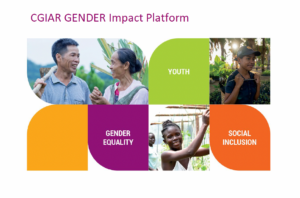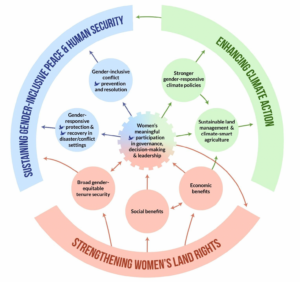Abstract: While scholars agree that Caribbean small-scale fisheries should be managed as social–ecological systems, the domination of natural science over social science is staggering. This inequity is reflected in gender analysis of impacts of climate change and variability on women in fisheries. There is little information on how climate impacts women’s livelihoods and leadership in Caribbean fisheries. Most data concern the marine environment and male-dominated harvest sector. We set out to learn more about climate impacts on, and climate adaptation by, women in fisheries, including how fisheries climate science could incorporate gender mainstreaming. Over the past three years, a transdisciplinary team has assembled sets of mainly qualitative data to address these issues, mainly through interviews and interactive workshops with women and men in the fishing industries and organizations of Caribbean countries. The challenges women face due to climate are diverse and include influxes of sargassum seaweed that change species composition and abundance in catches of seafood. Women not only deal with challenges in their livelihoods and households, but also in becoming fisherfolk leaders who influence and engage policy. This chapter examines such challenges and offers ideas for improvement in the context of gender mainstreaming.
Authors: Maria Pena, Patrick McConney, Bertha Simmons and Katherine Blackman
Source: MDPI https://doi.org/10.3390/books978-3-0365-5503-4-7 (registering DOI)




